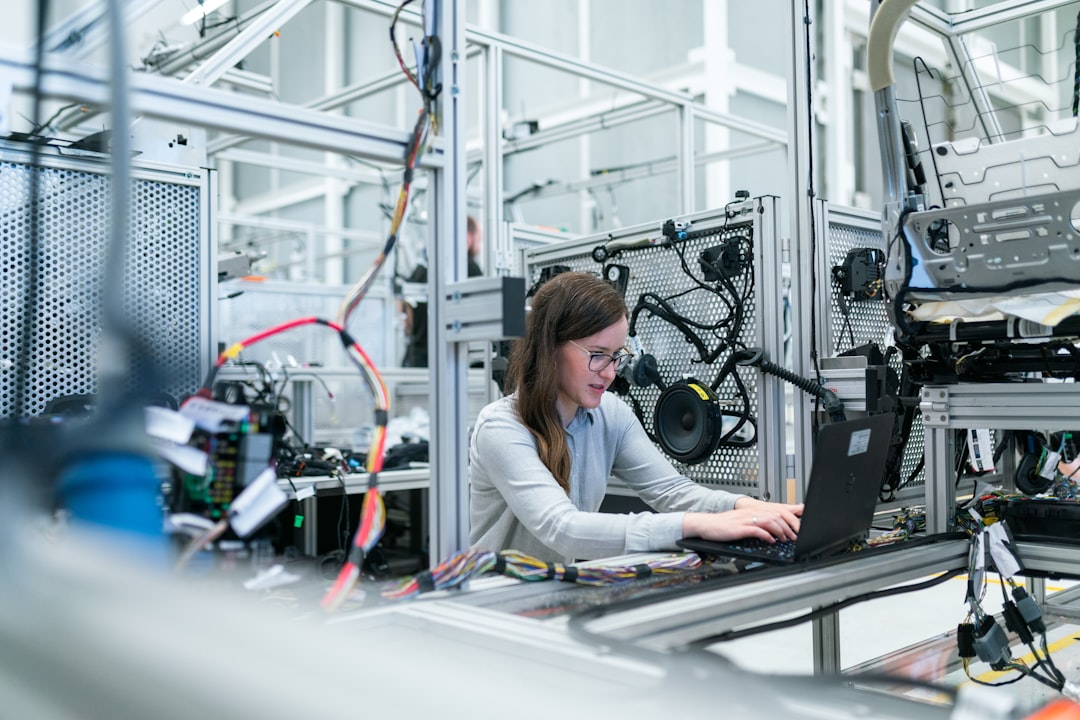In recent years, artificial intelligence (AI) and machine learning have been transforming various industries, including manufacturing. From predictive maintenance to quality control, these technologies are revolutionizing the way products are made and businesses operate. With the help of AI and machine learning, manufacturers are able to achieve higher levels of efficiency, reduce costs, and improve overall productivity. In this blog post, we will delve into the role of AI and machine learning in manufacturing and explore some of the key applications and benefits of these technologies in the industry.
One of the key applications of AI and machine learning in manufacturing is predictive maintenance. By analyzing data from sensors and machines in real-time, manufacturers can detect potential equipment failures before they occur. This not only helps in preventing costly downtime but also allows for more efficient scheduling of maintenance activities. With predictive maintenance, manufacturers can address issues proactively and ensure that their production lines are running smoothly at all times.
Another important application of AI and machine learning in manufacturing is quality control. By analyzing data from sensors and cameras, manufacturers can identify defects and anomalies in products early on in the production process. This allows them to take corrective action and ensure that only high-quality products reach the market. With the help of AI and machine learning, manufacturers can also optimize processes and improve product designs to enhance overall quality and customer satisfaction.
AI and machine learning are also being used in supply chain management to improve efficiency and reduce costs. By analyzing data from various sources, manufacturers can optimize inventory levels, forecast demand more accurately, and streamline logistics operations. This not only helps in reducing lead times and enhancing customer satisfaction but also enables manufacturers to make data-driven decisions and adapt to changing market conditions more effectively.
In addition to predictive maintenance, quality control, and supply chain management, AI and machine learning are also being used in manufacturing for predictive analytics. By analyzing historical data and trends, manufacturers can forecast demand, optimize production schedules, and make informed decisions about resource allocation. This allows them to better manage resources, reduce waste, and improve overall efficiency.
Furthermore, AI and machine learning are enabling manufacturers to develop smart factories that are more flexible, responsive, and interconnected. By connecting machines, sensors, and devices, manufacturers can create a networked environment that allows for real-time data sharing and decision-making. This not only enables manufacturers to adapt to changing market conditions more quickly but also helps in improving collaboration and communication across different departments and functions.
Overall, the role of AI and machine learning in manufacturing is becoming increasingly important as manufacturers strive to stay competitive in a rapidly evolving market. By harnessing the power of these technologies, manufacturers can achieve higher levels of efficiency, reduce costs, and improve overall productivity. Whether it is predictive maintenance, quality control, supply chain management, or predictive analytics, AI and machine learning are revolutionizing the way products are made and businesses operate.
In conclusion, the role of AI and machine learning in manufacturing is undeniable. These technologies are transforming the industry by enabling manufacturers to achieve higher levels of efficiency, reduce costs, and improve overall productivity. With the help of predictive maintenance, quality control, supply chain management, and predictive analytics, manufacturers are able to make smarter decisions, optimize processes, and stay competitive in a rapidly evolving market. As the manufacturing industry continues to embrace AI and machine learning, we can expect to see even more innovation and advancement in the years to come.

